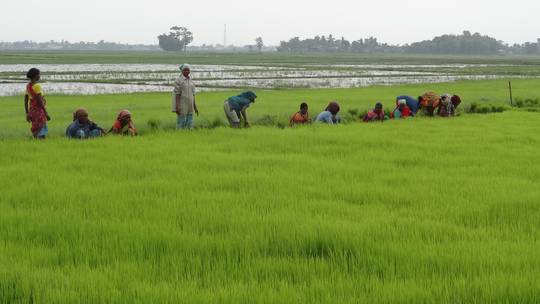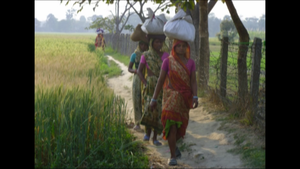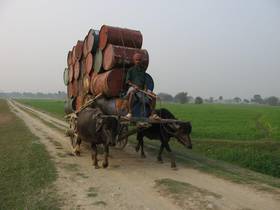Agriculture & Livestock - Basis for food security and income
Nearly 80% of the population in Mozambique and Nepal depend on income from agriculture and animal husbandry. For the majority of them it is subsistence production, meaning that most of the production is used for consumption.
In recent years the focus of worldwide attention is once more directed to agriculture. This was initiated by the global food crisis in several countries in 2008 that lead to rising prices of basic food. Nowadays it is common sense that the productivity of agriculture has to raise to be able to feed an estimated world population of 9 billion people in 2030.
This is also emphasized in the Sustainable Development Goals under Goal 2 “End hunger, achieve food security and improved nutrition, and promote sustainable agriculture”. By investing in small scale farmers the Don Bosco projects in Mozambique and Nepal contribute to food security of their target groups. At the same the project tries to give a response how to feed the global population with sustainable production, which doesn´t destroy soils, forests and water.
Animal husbandry is an important source for rural households and contributes to their food security. Especially in times of food shortage or illness, animals serve as “bank accounts” in rural areas where the poor have no access to the formal credit sector.
The projects in Mozambique and Nepal support poor families in acquiring animals like cattle, goats and chicken and by investing in animal health.


